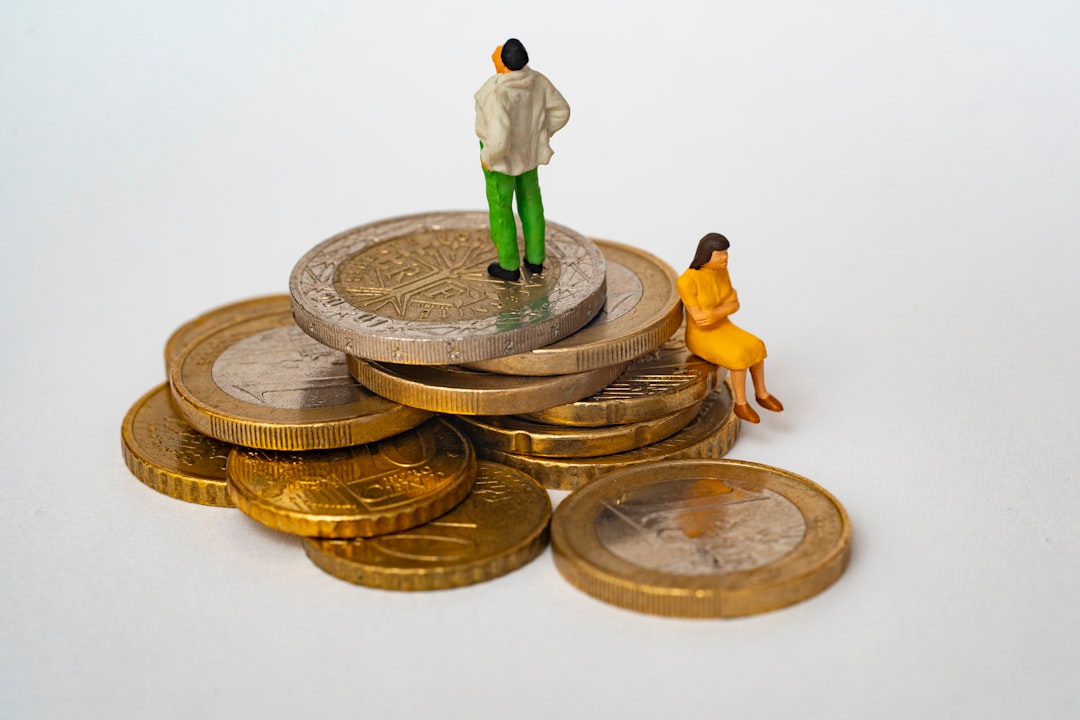This is where Recalculating begins
Welcome to my newsletter exploring fatherhood, manhood and masculinity. What is this all about, why am I writing it and what for? This is what you can and cannot expect from this newsletter.
Hello and welcome!
First of all, thanks so much for being here. Let me also say from the start that some of you have been subscribed for a long time, but this is your first time receiving anything. It's not you, it's me! It took me a long time to get started, but here I am. Thanks for being on this journey with me.
In February 2019, I became a father. Soon after my son Lorenzo’s birth, I slid into a personal crisis but only realized it more than a year later when I could no longer run. My foot said “enough!” and I had to abandon my plans to run a new marathon. Then I began to write and reflect on the huge anxiety I was feeling. What was wrong with me?
Lorenzo's first months coincided with a work failure of my own, which resonated even more because it contrasted so strongly with my partner Irene’s success. She’s also a journalist and landed her dream job. (For those not in the industry, steady jobs in journalism are few and far between.) She became the family’s main breadwinner. Without thinking too much about it, I put aside almost two decades of work as a journalist to become a full-time caregiver for Lorenzo, while also taking care of the household chores.
Suddenly, the traditional gender roles I had grown up with were turned upside down. I didn't see a problem with it for the first few days. But as time went on, a sense of discomfort and dissatisfaction grew. Disoriented, I tried to answer a question that became growingly insistent: who am I if I don't work to earn money?
Recalculating expectations
I accepted the obvious: I was in a crisis and I hadn’t realized it. I discovered that I no longer had role models to follow, or that they had become obsolete. I began to understand that I felt isolated and I lacked a clear path. I knew then that my status as a man had been somehow compromised. But I also came to realize that by paying attention to my confusion and my desires, perhaps I could recalculate my expectations.

I came to terms with this in fits and starts. I found it very helpful to read, ask questions and do more research on masculinities, feminisms and gender equality. It helped me put into words some of what was happening to me and gave me clues to identify my feelings.
I began to understand that when I went to a playground with Lorenzo in the morning, I felt uncomfortable because I was usually the only adult male. This did not vary much from city to city, whether I was in Buenos Aires, Athens, Geneva, Toulouse or Berlin.

I looked at myself and asked questions I had never asked myself before: why are there women who look at me with suspicion, like a freak, an intruder? Why are there almost no men's toilets with changing tables for babies? In over two years of changing nappies, only once did I find a bathroom with a changing table that was not exclusively for women.
With the excuse that I was writing about fatherhood, I hesitantly talked about my experiences with other men. But to my complete surprise, in one way or another, the men I spoke to were going through something similar, feeling weird and isolated.
More questions than certainties
I also tried to make sense of painful situations. What did it mean for me to hear loved ones say that I was "incredibly deceitful and didn’t want to work"? I admitted that I myself had said something like that years before, with that damned habit of judging instead of empathizing: "She doesn't work, they support her, and she complains on top of that?”
I grew up with that idea, which pointed me in one direction only: the man works to put food on the table and the woman takes care of the kids and washes the dishes.
But in my life, things were playing out differently. Why did it have to be this way? As I questioned this, I began to sense that, in part, my crisis was pointing me towards something more important: I had never really asked myself what it meant to me to be a man. And why would I have if everything had been going more or less smoothly, according to my expectations and society’s, up until that point?
So I set out to put my ideas in words. My initial plan was to write an essay to explain what it's like to be a father who takes care of his son, is supported by his wife and is limping (I injured my foot around the same time my role in the family changed, and the pain never went away). The more I researched, the more I wrote. And I felt relieved.
I understood that having grown up with specific parameters of what it means to be a man conditioned me. No matter the circumstances, as a man you have to keep going, you can’t break, you have to show you’re bigger than your pain or problems, you can’t ask for help, you have to produce, produce, produce…
I noticed that in several situations in the past, I had felt bad for upholding — more or less consciously — a model of traditional masculinity that I had ultimately not questioned enough. For example, sometimes I just laughed along in group situations when friends made inappropriate jokes, or even went along with a night of drinking because it was easier than saying no.
Writing and questioning myself was a great relief. So much so that the essay became the draft of a book. At the same time, it was a way of not publishing anything — all that work is still sitting in a virtual drawer — and of continuing to ruminate in solitude.
That is until — encouraged by Irene — I applied for a grant with the International Center for Journalists (ICFJ) and was selected for this project: to create a newsletter exploring fatherhood and masculinities, inspired by my never-ending learning curve. The starting point is the experience of a man raised in a sexist society who tries to unlearn, learn and change patterns. So here I am, but let me be upfront: I have more questions than certainties, and more doubts than definitive answers.
Less macho, more free
The intention of this newsletter is to try to accompany men and fathers who feel isolated, lonely or lost, as I myself felt (and still feel sometimes). My goal is to help us stop feeling boxed into a gender role that does us no good and that generates injustice. But beware: we are neither the only ones who are harmed nor the biggest victims. We have to go beyond our own comfort zone if we want to build a more just, egalitarian and inclusive reality. A world that is better not only for a few but for everyone.
I want to write what I would have liked to read when I felt lost in my first year as a father, when I didn't realize I was going through an identity crisis with no role models to follow.
But in addition to questioning gender roles in childcare, Recalculating wants to address other issues that are important to men. I plan, for example, to address issues such as sexual harassment, pornography, homophobia or bullying.
In no way do I intend to position myself as a judge of what is right. I want to shake off stereotypes and, a bit like children, to ask ourselves again why this or that is so and so.
My starting point is to accept what I don't know, trying to be transparent and honest. I do this because I want to and because I can. And I do this from my place of privilege: that of a white, middle-class man who has always been attracted to women, is married and has a son.
Hopefully this is a space to open doors and possibilities, a place that helps us think about how and why we men do things. To question what kind of men we want to be and improve how we behave. To recalculate and find new courses that make us less macho but more free.
I hope that my personal disorientation and discomfort will spark my personal review and change which, hopefully, will contribute towards a collective process. Because, above all, I imagine that it will be something collective that will guide us towards a more inclusive, fairer and more equitable path. For that purpose, it is fundamental to join up voices.
This is how Recalculating begins. As a permanent invitation to dialogue. I would love for you to share your thoughts and learn from you, by listening to what you have to say and having you correct my mistakes. I would love for us to be in touch and to create a community that helps us improve. Will you help me?
This is how you can do it:
Reply to this email with whatever crosses your mind, as if we were sitting down for a coffee.
Forward this email to others. This newsletter is published in English and in Spanish.
Share this newsletter on social networks.
Send me ideas, comments, suggestions of movies, books, studies, and whatever else you think may help me in my explorations.
....
Thanks a lot for making it this far (did you think it was too long or was it a good read?). Sometimes I think it's a miracle that anyone can concentrate on reading with so much noise around us.
Thanks, and see you next time. 😀
With love,
Nacho
……..
🙏 Big thanks to Irene Caselli who translated this newsletter and to Shaun Lavelle who helped me edit it.


